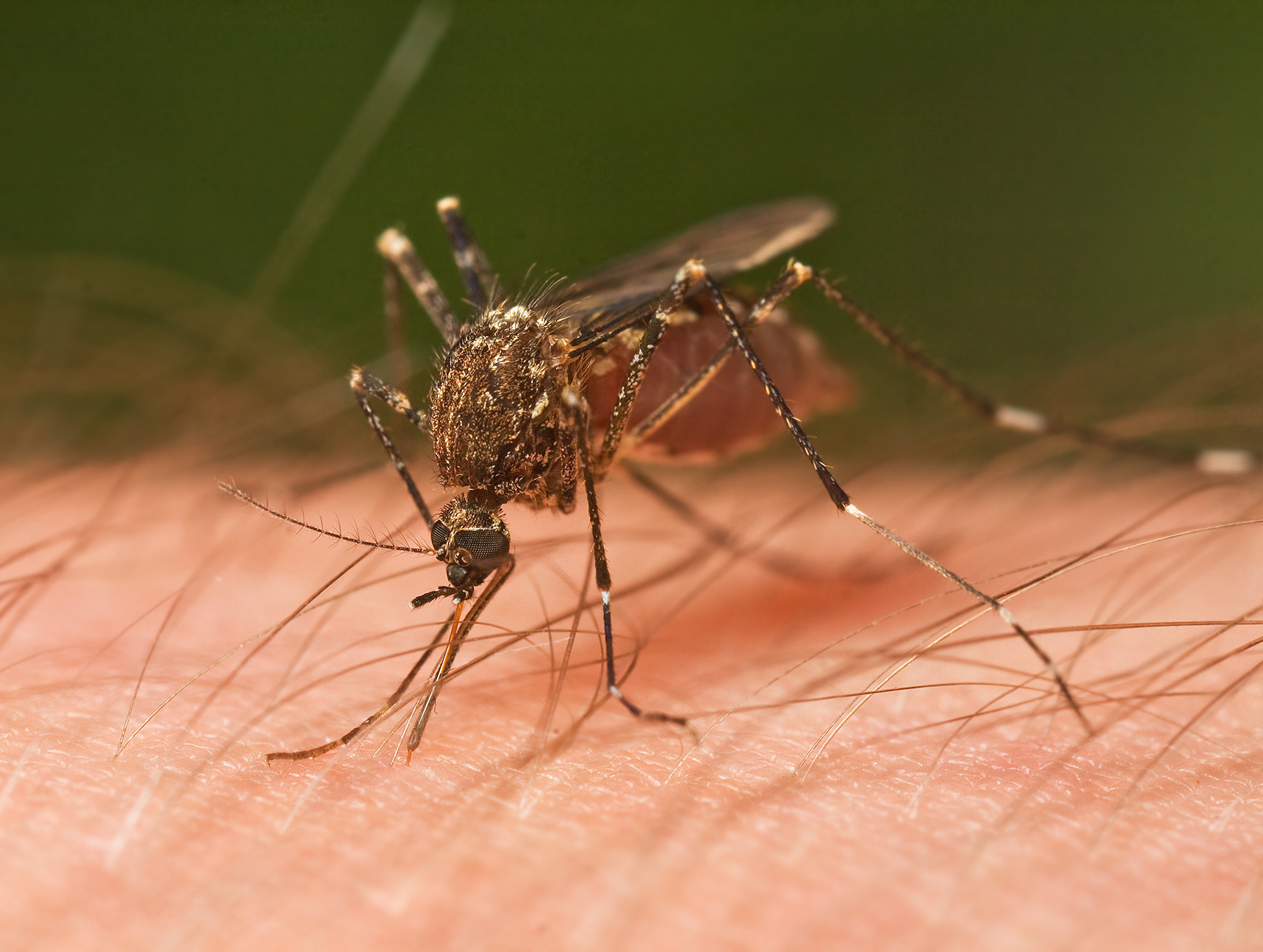Tiverton mosquito tests now negative for EEE
PROVIDENCE – The Rhode Island Department of Environmental Management (DEM) Thursday announced that 110 mosquito samples from 28 traps set on Tuesday, July 5, and 106 mosquito samples from 28 traps set on Monday, July 10 have tested negative for both West Nile Virus (WNV) and Eastern Equine Encephalitis (EEE).
The remaining 95 samples from 24 traps set on June 26 have tested negative for WNV and EEE.
The results represent a change from the last reporting. It had previously been reported that mosquito samples collected on June 26 in Tiverton, Westerly, and Pawtucket had tested positive for EEE.
This item is available in full to subscribers.
Please log in to continue |
Register to post eventsIf you'd like to post an event to our calendar, you can create a free account by clicking here. Note that free accounts do not have access to our subscriber-only content. |
Day pass subscribers
Are you a day pass subscriber who needs to log in? Click here to continue.
Tiverton mosquito tests now negative for EEE
PROVIDENCE – The Rhode Island Department of Environmental Management (DEM) Thursday announced that 110 mosquito samples from 28 traps set on Tuesday, July 5, and 106 mosquito samples from 28 traps set on Monday, July 10 have tested negative for both West Nile Virus (WNV) and Eastern Equine Encephalitis (EEE).
The remaining 95 samples from 24 traps set on June 26 have tested negative for WNV and EEE.
The results represent a change from the last reporting. It had previously been reported that mosquito samples collected on June 26 in Tiverton, Westerly, and Pawtucket had tested positive for EEE.
To date, in Rhode Island, there have been three findings of EEE in mosquito samples, and no findings of WNV in mosquito samples. There are no confirmed human cases of EEE in Rhode Island. However, because summer and fall are peak seasons for mosquito-borne disease transmission to people, Rhode Islanders should be aware of the symptoms of EEE.
Severe cases of EEE (involving encephalitis, an inflammation of the brain) begin with the sudden onset of headache, high fever, chills, and vomiting. If you think you or a family member may have EEE, it is important to consult your healthcare provider for proper diagnosis.
Given concerns about the Zika virus, Rhode Island – like many states in the region – has increased surveillance for the Aedes albopictus mosquito species, which can transmit the virus. Three Aedes albopictus mosquitoes have been trapped in Rhode Island between June 19 and July 5; two were trapped in Providence and one was trapped in Barrington.
Due to this increased surveillance, additional trappings of individual Aedes albopictus are possible; however, because Rhode Island winters have thus far been cold enough to kill most eggs of this species, mosquito experts don't expect the species' population to increase significantly.
The primary mosquito species transmitting Zika virus is Aedes aegypti – which has never been found in Rhode Island and is predominantly limited to warmer climates. For more information on Zika and related travel safety tips, visit www.health.ri.gov/zika.
Mosquitoes are trapped weekly by DEM and tested at the RIDOH (Rhode Island Department of Health) State Health Laboratories. The RIDOH State Health Laboratories have recently changed their testing methodology to use a more sensitive testing method which may account for an increase in positive results going forward.
DEM issues advisories on test results from late June through September, with additional reports as necessary. Test results are pending for traps set on July 17, and will be included in future announcements. Typically positive mosquito test results will trigger additional trapping to assess risk.
Visit health.ri.gov/mosquito for additional mosquito prevention tips and for local data. For more information about DEM divisions and programs, visitwww.dem.ri.gov. Follow us on Twitter (@RhodeIslandDEM) and/or Facebook atwww.facebook.com/RhodeIslandDEM for timely updates.
Personal protection is the first line of defense against mosquitoes that may carry WNV, EEE, or other diseases – and the most effective way to avoid infection.
Throughout the summer season, the public is encouraged to:
- Remove anything around your house and yard that collects water; just one cup of water can produce hundreds of mosquitoes.
- Clean gutters and downspouts to ensure proper drainage, and repair holes in window screens.
- Remove any water from unused swimming pools, wading pools, boats, planters, trash and recycling bins, tires, and anything else that collects water, and cover them.
- Change the water in birdbaths at least two times a week, and rinse out birdbaths once a week.
- Use EPA-approved bug spray with one of the following active ingredients: DEET (20-30% strength), picaridin, IR3535, and oil of lemon eucalyptus or para-menthane-diol. Do not use bug spray on infants under 1 year of age.
- Minimize outdoor activity at dawn and at dusk when mosquitoes are most active.
- Put insect netting over strollers and playpens.
- Wear long sleeves and long pants whenever possible, particularly if you are outdoors during dawn and dusk.






